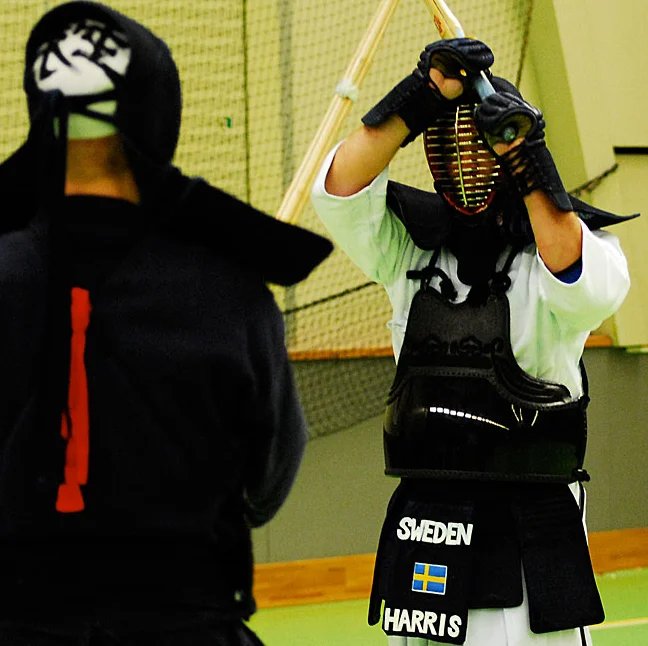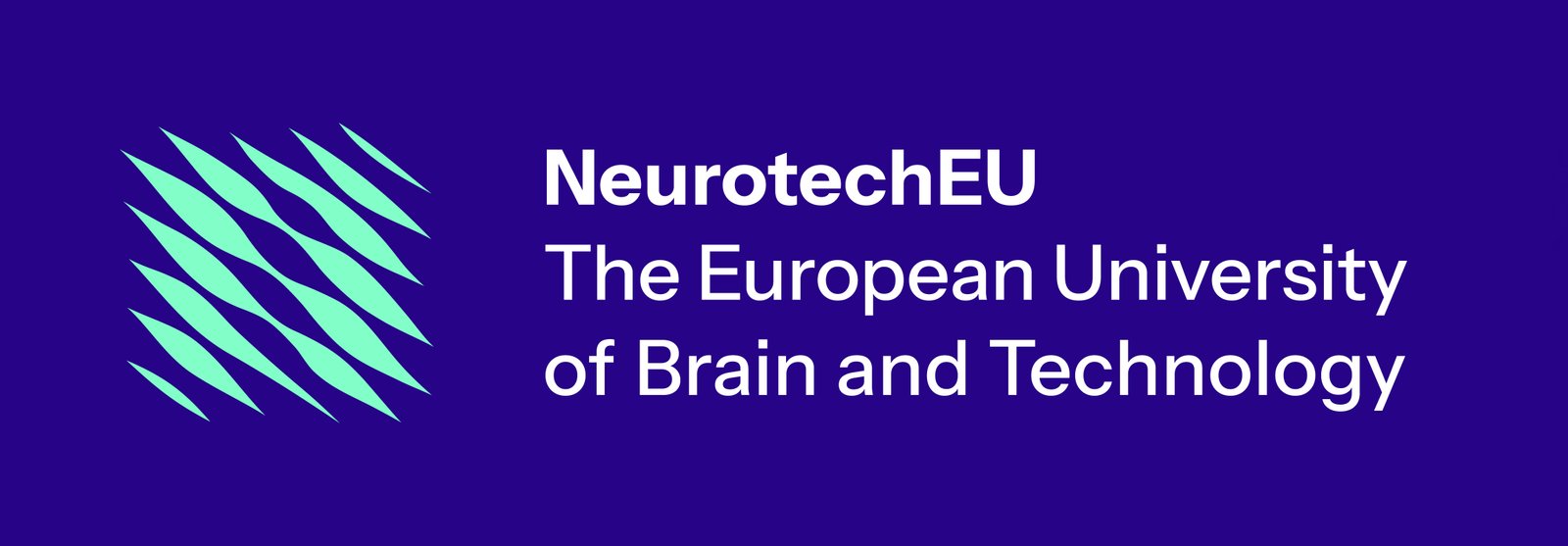A Scientist's Journey of Discovery and Adaptation with Bob Harris from Karolinska Institutet
In the faces of NeurotechEU series, several people in the NeurotechEU alliance are interviewed to learn about their experiences and insights.
Professor Bob Harris, a prominent figure at Karolinska Institutet, is a passionate advocate for interactive teaching and a driving force in NeurotechEU, shaping the future of education and neuroscience.

Embracing AI is essential, but we must ensure it doesn't lead to shortcuts in learning.
Bob Harris
How did a young British man find himself in Stockholm?
I knew little about Sweden until I attended a conference in Greece, met a Swedish lady, fell in love, and moved here 28 years ago. Otherwise, I had never considered Scandinavia at all.
You've had quite an exciting journey to neurobiology.
Although my original intention was to become a pathologist, I ended up studying Biology and then Tropical Medicine. Since my Ph.D, my research focus shifted to incurable autoimmune and neurological diseases, and I am currently involved in researching ALS, Alzheimer's, MS and brain tumors.
What other profession would you enjoy?
Being a wildlife photographer would combine my love for nature with creativity. I can also see myself as a writer since I used to write poetry when I was young and I was pretty good at it.
With your research, teaching, university responsibilities, and parenting, do you have any spare time? How do you use it?
I practice Kendo, a Japanese martial art. I value quality time with my partner and enjoy watching movies. As a contrast to busy meetings, I seek solace in quiet moments by walking in the forest. I also like reading.
Do you have a favorite author or book that made a big impression on you?
"Papillon" by Henri Charriére. I read it when I was about 14, and it significantly impacted me with valuable life lessons about resilience and never giving up. I'm also drawn to more modern philosophers like Paulo Coehlo and Richard Bach.
Most people choose sports like football or running…
A friend recommended Kendo to me. Initially, I struggled due to its demanding coordination and repetitive nature, which I found boring. However, I saw it as a challenge and stuck with it. Within a year and a half I was selected for the British team and competed internationally for six years, and then I became the national Swedish kendo coach for nine years. Kendo is a highly technical and exhilarating sport and it's also a mentally stimulating experience.
There's a philosophical aspect too...
Indeed, Kendo includes teachings from Budo, which describes the warrior's path. With Kendo you undertake a lifelong journey of self-improvement that never truly ends. It's a path where people may join you, others might surpass you, and occasionally you take time-outs, but you can always decide to resume the journey. This constant self-redevelopment is what makes Kendo fascinating.

How much have you changed after living abroad for so many years?
As a Swedish citizen with a Swedish passport, I still consider myself an Anglophone and a foreigner. Swedish societal norms, including within the academic world, are less direct than what I was accustomed to in Britain. Adapting my communication style has been necessary to avoid appearing aggressive or loud.
I maintain a reputation for directness and a commitment to straightforward, honest conversations. This approach has fostered a culture of openness in my lab, making it a productive workplace. My honest and direct leadership style is highly valued by my team.
Does learning Swedish bring you new opportunities?
As an Englishman we tend to be lazy about learning languages. Initially, I didn't prioritize learning Swedish either, relying on the widespread use of English in the scientific community. However, struggling with Swedish announcements during a train delay made me realize its importance for daily life and integration. I'm 90% fluent, and learning Swedish has facilitated better communication with locals. Emphasizing the need for our international considerations in the workplace, I use English when officially representing the leadership group (when standing up), but switch to Swedish for discussions (when sitting down). We're currently revising our language policy to promote bilingualism, which reflects increasing internationalisation at the university.
In a recent NeurotechEU interview with Professor Molnár Zoltán, he asked for your insights on the future of education in the next 50-100 years, given your strong support for interactive teaching.
Teaching is evolving, and my role as a teacher is to inspire students about independent learning instead of simply providing information. In our digital age, tools facilitate learning, but traditional methods like storytelling and face-to-face discussions remain crucial.
Ai can handle much of the written work, so a teachers' role will become less about conveying information and more about ensuring its comprehension. Self-study will become more significant and education will shift from rote memorization to deeper understanding. Embracing Ai is essential, but we must ensure it doesn't lead to shortcuts in learning.
The essence of teaching remains discussion and understanding, with the classroom serving as a place for meaningful conversations, free from books and digital distractions.
What do you think about the future of NeurotechEU?
As we had a clear focus on neuroscience from the start, this should have led to faster development. Now, more people are aware of NeurotechEU, but collaboration between universities still needs development. The past three years were about laying the foundation, and now we're ready to build from this. Through research collaborations, we can implement teaching platforms. We're still on track for success, and my goal is for NeurotechEU to become the most successful University Initiative. We have a real chance to achieve that.
In the exciting faces of the NeurotechEU interview series, whom would you prefer to read about?
I'm most interested in hearing from students about the future because they ARE the future. Including younger voices like junior faculty and postdocs in decision-making processes is crucial. It's important to understand their perspectives and involve them in shaping NeurotechEU's future. They have innovative ideas, especially in areas like Ai, EDI (equity, diversity and inclusivity), and sustainability. Recruiting the younger generation is vital to address challenges in academia, and governments should recognize the global awareness and interactivity of today's youth.
By: Krisztina Csiba, University of Debrecen
Kendo photograph: Magnus Johansson, Shimbukan Skellefteå Budoklubb
Portrait: Ulf Sirborn

